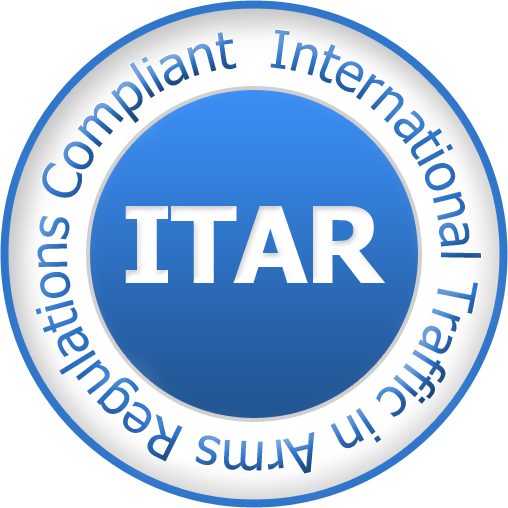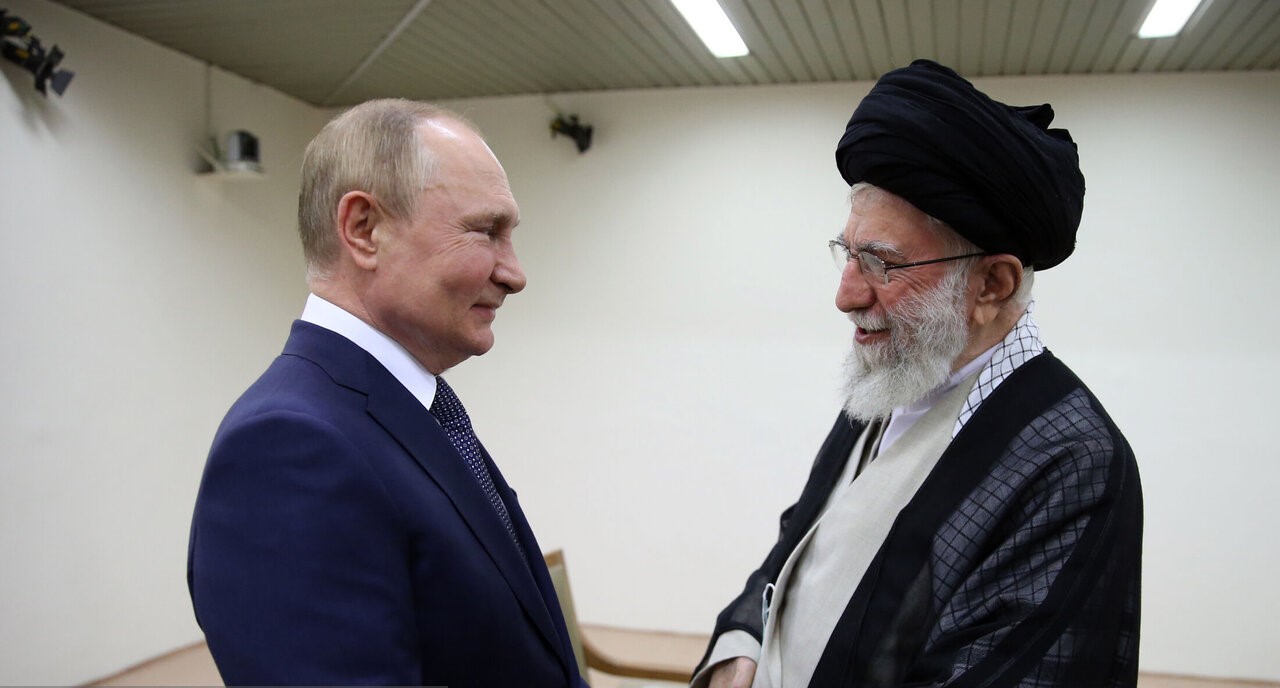In response to a series of delayed and cancelled defense acquisitions, on February 5th, 2014 National Defence Minister Rob Nicholson and Minister of Public Works Diane Finley announced that an overhaul of Canada’s defense procurement strategy (DPS) is now underway. The revised DPS will centralize procurement authority and reduce the Canadian Department of National Defence’s (DND) influence in directing acquisitions of significant military equipment (SME).
Organizational Revisions
Authority will rest with a Defence Procurement Secretariat (Secretariat), which will report to Public Works Government Services Canada (PWGSC), and be comprised of bureaucrats from the DND, Industry Canada, the Treasury Board, and independent advisors. Thus, the DPS’ bureaucratic organization is not fundamentally different from the preceding one, only that now the departments work in the same room, so to speak. Management centralization will increase accountability, streamline oversight of defense acquisitions, and eliminate rifts created by previous interdepartmental procurement arrangements with significant disconnecting effects as a result.
[captionpix align=”left” theme=”elegant” width=”300″ imgsrc=”http://natoassociation.ca/wp-content/uploads/2014/02/mfc-m-dsa-photo-02-h.jpg”]
The rationale for diluting the DND’s role within the procurement process is due to what is considered excessive influence at present. Since the DND can shape specifications and requirements to mirror desired equipment, the DND can essentially select equipment and suppliers prior to fair and open competition. While seemingly avoiding the competitive procurement processes, this is not illegal or even uncommon. Advanced Contract Award Notices (ACANs) function this way and constitute a legal, institutionalized, and non-competitive sole-source procurement mechanism. Often the technical requirements specified in ACANs are so detailed as to preclude other suppliers from bidding for contracts. The DND and other public departments have frequently procured equipment through ACANs awarded to either domestic or foreign companies. The revised DPS could reduce non-competitive sole sourcing, inviting greater participation by Canadian defense firms and bolstering innovation within Canada’s domestic industries.
Renewed Objectives
Canada’s previous procurement model sought to deliver materiel to the Canadian Forces while secondarily considering the economic benefits for Canada. Companies were principally evaluated based on their technical and financial proposals relating to the materiel, and simply passed or failed Industry Canada’s Industrial and Regional Benefits metric.
The revised DPS aims to achieve best value and improved economic outcomes for Canada from defense procurements by evaluating companies’ “value propositions”, which weigh the technical and financial proposals and give much greater attention to the Industrial and Technological Benefits (ITB) component. The latter includes information regarding economic spin-offs such as job-creation, innovation, and export potential.
Limitations
The language contained in the DPS suggests in broad terms that companies will be assessed based on their projected ITB contributions to Canada. However, this increased focus on ITB is not likely directed at Canadian companies, as they mostly conform to ITB obligations by employing Canadians, developing intellectual property (IP), and manufacturing products in Canada.
Rather, the prioritization of ITB is likely directed more towards foreign companies; will foreign companies agree to manufacture in Canada, hire Canadians, and transfer IP to Canada? The answer is ‘yes’. For example, many US companies have already done so to attain DND contracts. Several US defense companies have approved Canadian companies to manufacture components and complete defense systems using US IP. General Dynamics Land Systems Canada, Colt Canada, and Raytheon Canada, all manufacture SME for the Canadian Forces and belong to US parent companies. This has created thousands of Canadian jobs and led to important technological innovations in the Canadian defense industry. The existence of many other Canadian subsidiaries of large US defense companies is evidence as well. Foreign companies are surely willing to provide economic benefits to Canada insofar as manufacturing and subsequent innovation is concerned. However, the revised DPS also states that contract award is contingent upon suppliers’ ability to enhance Canada’s export potential if awarded a contract.
Doubtless, export potential is one of the most important economic benefits that a supplier can contribute to a country’s international trade portfolio. Canadian companies that are able to export defense systems in global defense markets will generate significant revenues for Canada. However, Canada should be cautious not to overemphasize the export potential requirement under the DPS when considering foreign suppliers.
Certain foreign companies may not necessarily provide significant export potential for defense products manufactured under DND contract. For instance, the US Department of State restricts the re-export of certain defense technical data and materiel classified as SME under the US State Department’s International Traffic in Arms Regulations (ITAR), Section 121.1, also known as the United States Munitions List. Although at its discretion the US State Department may grant Canada authorization to re-export certain US defense data and technology from Canada to foreign end-users, it is not likely to enable Canada to execute large foreign sales. Numerous concerns underpin the US’ re-export restriction policy.
-To whom will recipient states re-export US IP?
-What are the risks of rogue and non-conforming states acquiring US IP?
-Allowing recipients to re-export undercuts US defense market-share
As the United States is Canada’s largest defense partner, but will not allow for the re-export of certain SME, hopefully Canada’s revised ITB policy does not complicate or preclude certain US companies from effectively competing for Canadian defense contracts.
Reliance on Foreign Equipment
It is imperative that Canada maintains access to US SME. While the Canadian defense industry’s capabilities are not unimpressive, they pale in comparison to overseas defense industries that far exceed Canada’s in terms of technical expertise and innovation. In the realm of SME, Canada has lagged significantly behind the United States, and has not produced, tested and fielded a major indigenous defense system in decades. As such, Canada should not necessarily rely on domestic industry to provide SME. At this time, developing proprietary defense systems to bolster domestic industry and reduce reliance on foreign SME would require billions of dollars of investment in research and development, which is not feasible.
[captionpix align=”left” theme=”elegant” width=”300″ imgsrc=”http://natoassociation.ca/wp-content/uploads/2014/02/tumblr_me7uazJ7q31qbqq0oo1_500.jpg”]
As a result, a large proportion of Canada’s current SME is of foreign origin. Future DND contracts for SME will therefore be subject to competition by significantly more capable foreign suppliers, specifically US suppliers, unless the new ITB policy complicates or precludes their ability to compete. It is far more economical and practical to accept US bids for off-the-shelf SME and manufacture SME of US origin in Canada.
Canada’s renewed emphasis on ITB policy, specifically regarding export potential, appears to clash with US ITAR re-export restrictions. Canada should be cautious not to close the door on US companies who cannot meet Canada’s ITB export criteria, due to their country’s national legislation effectively limiting re-export. By implementing ITB to bolster Canada’s defense industrial base, Canada could be hindering its ability to import some of the most sophisticated and necessary defense technology in existence, undermining Canada’s defensive capabilities.




